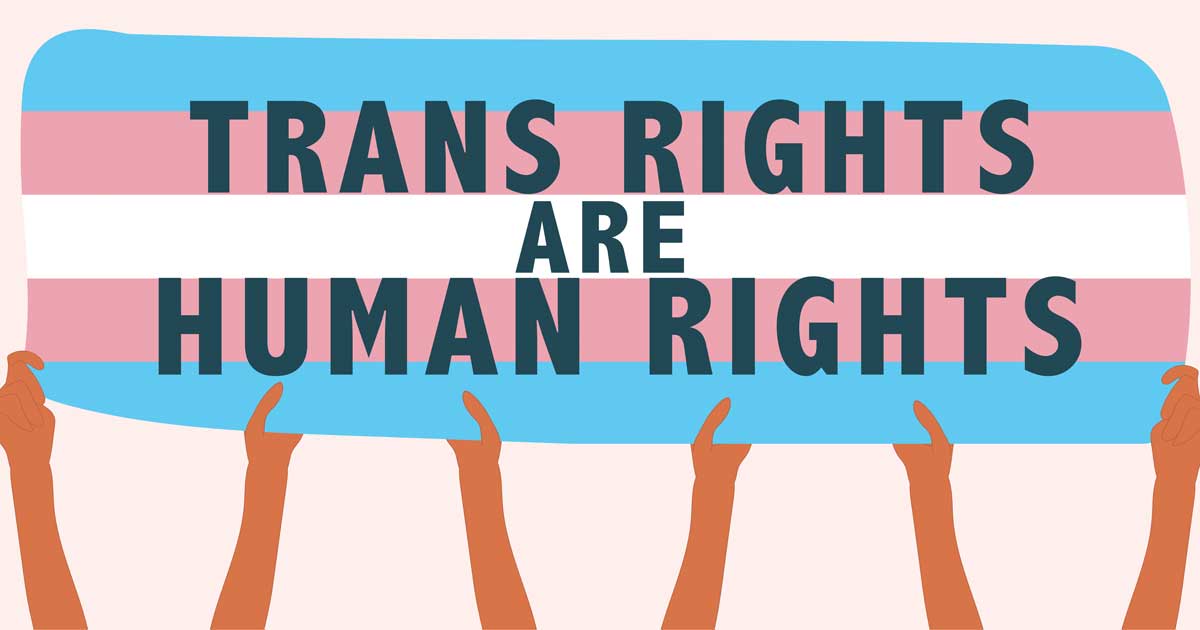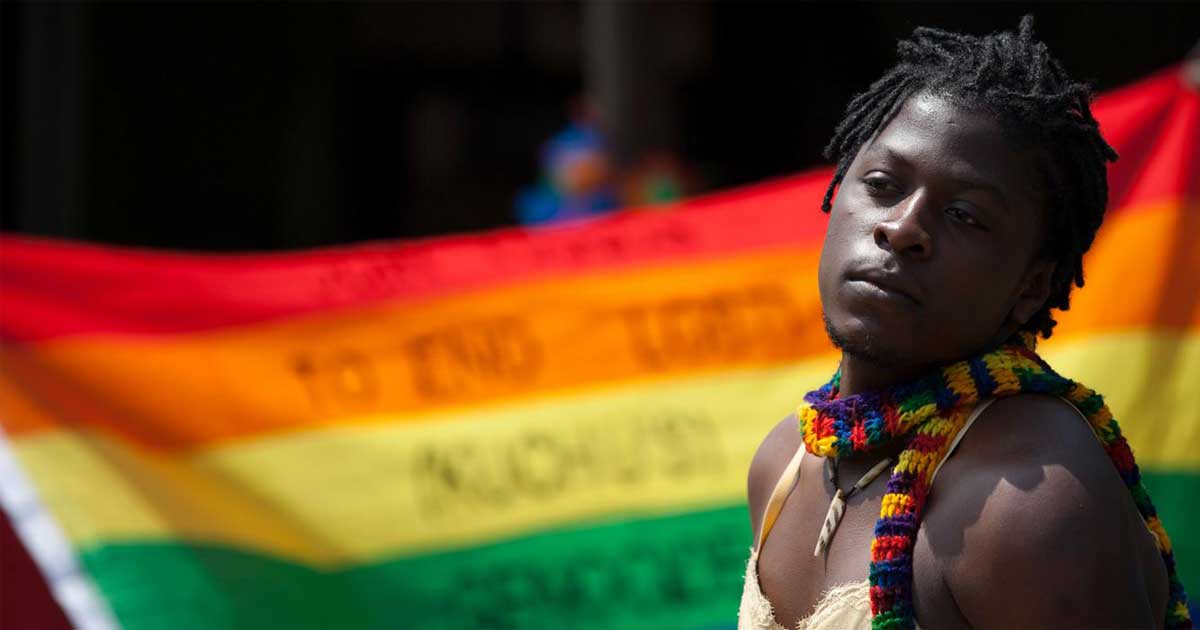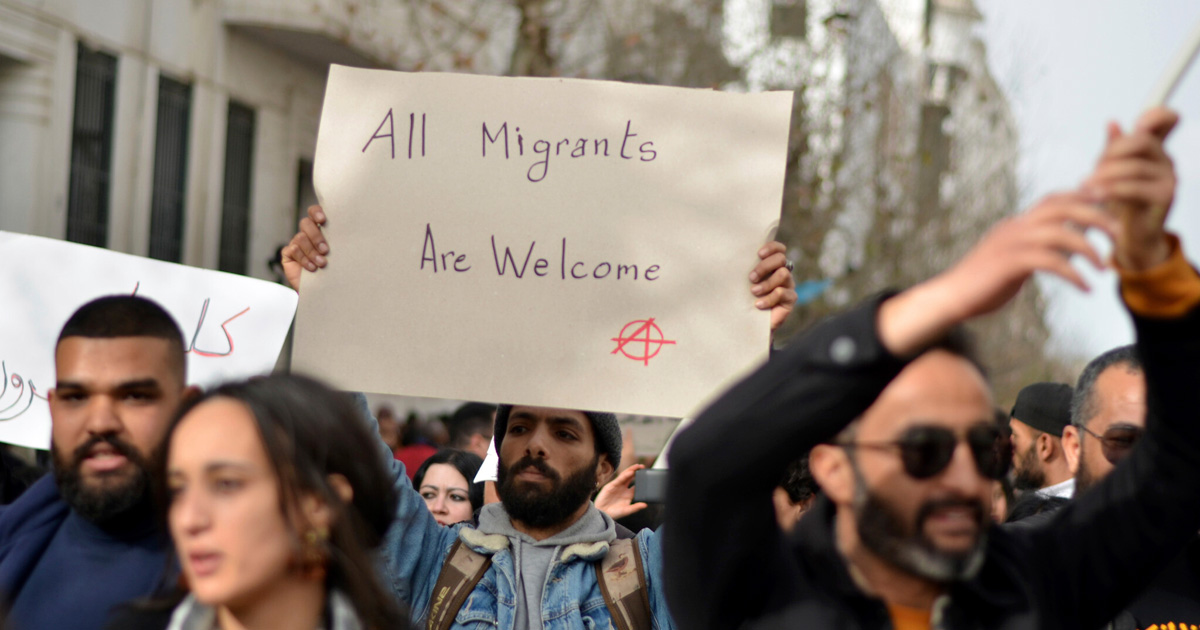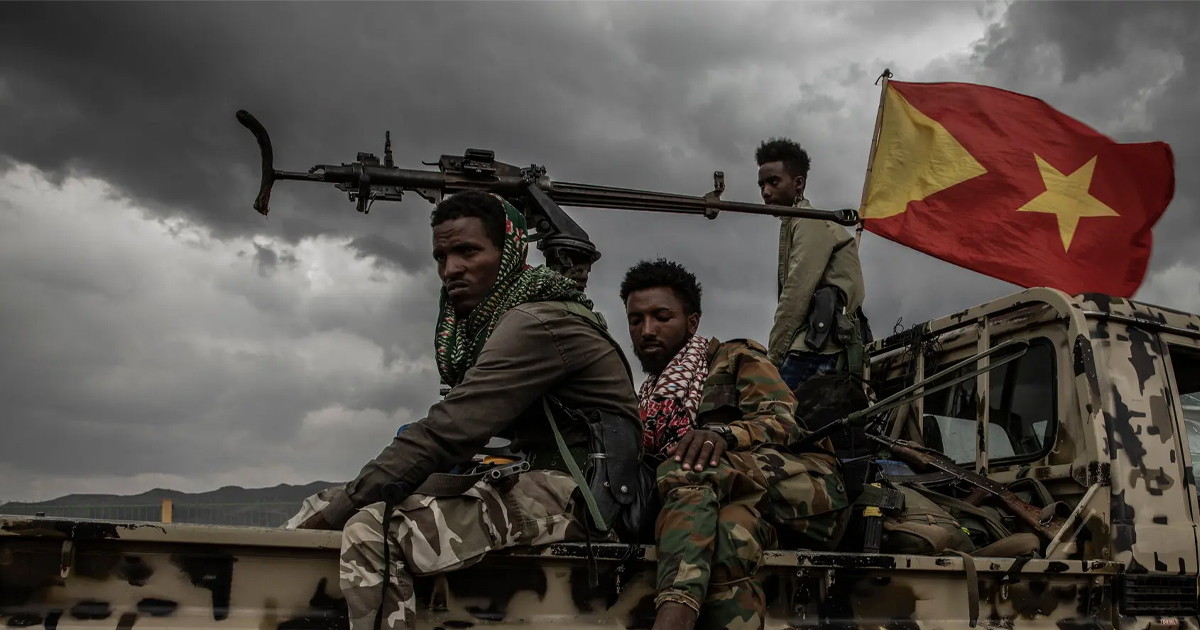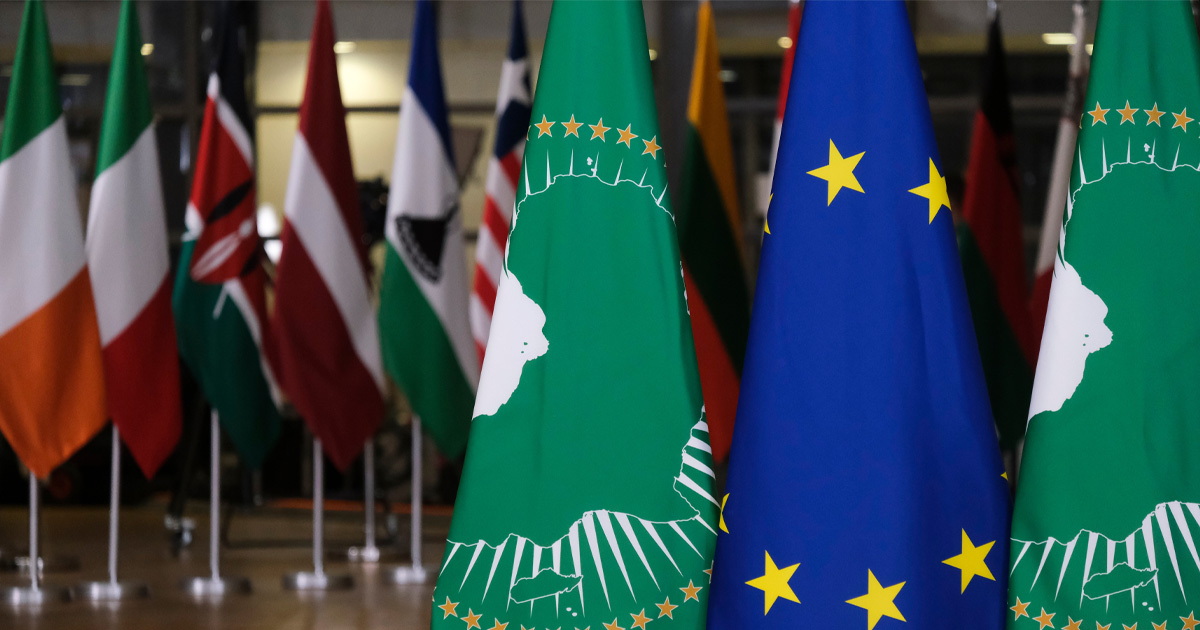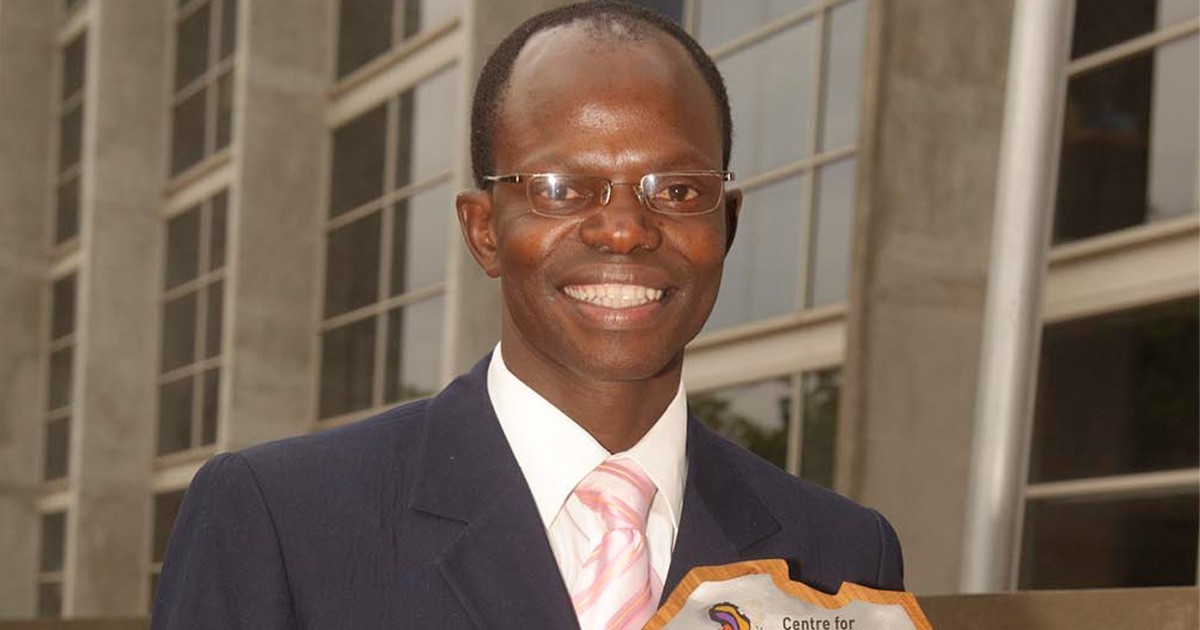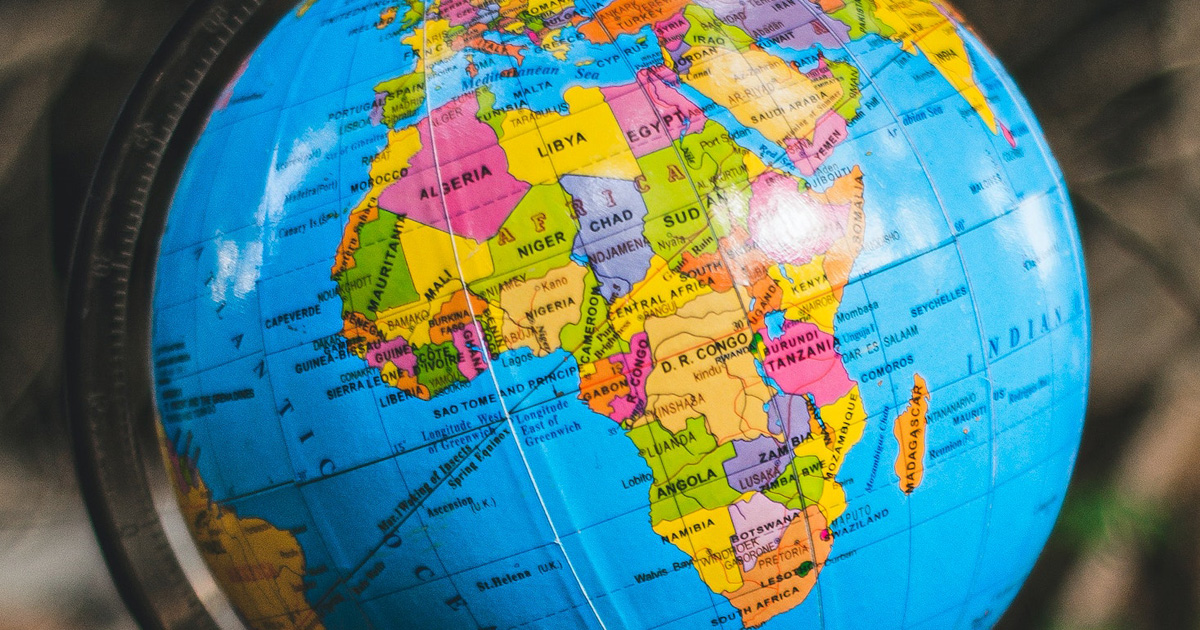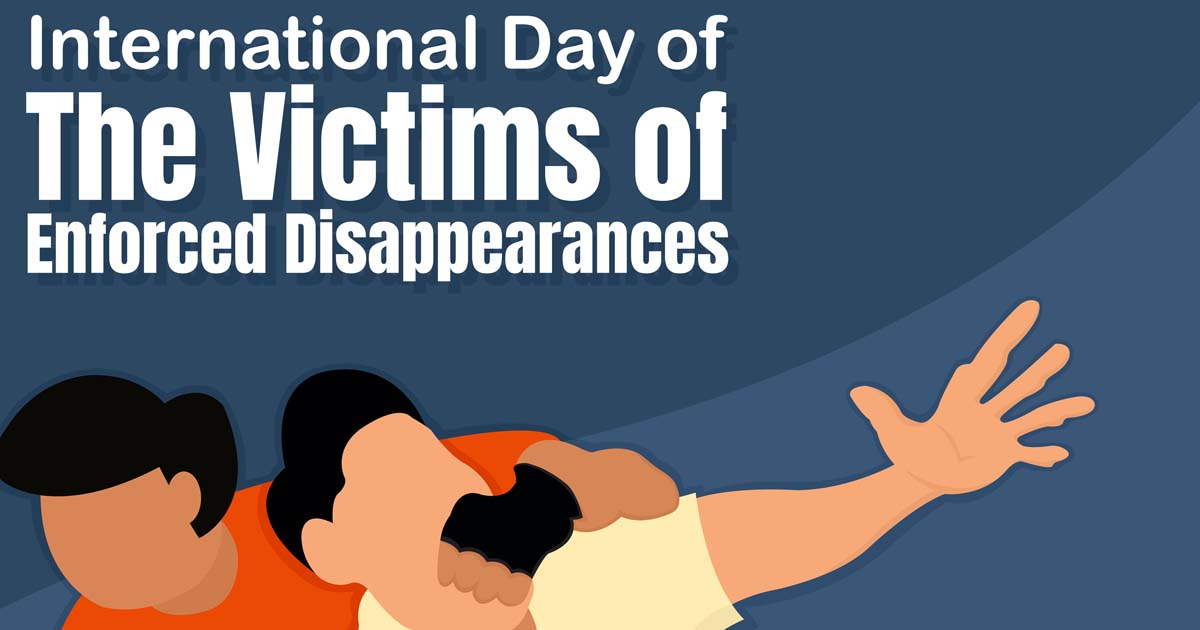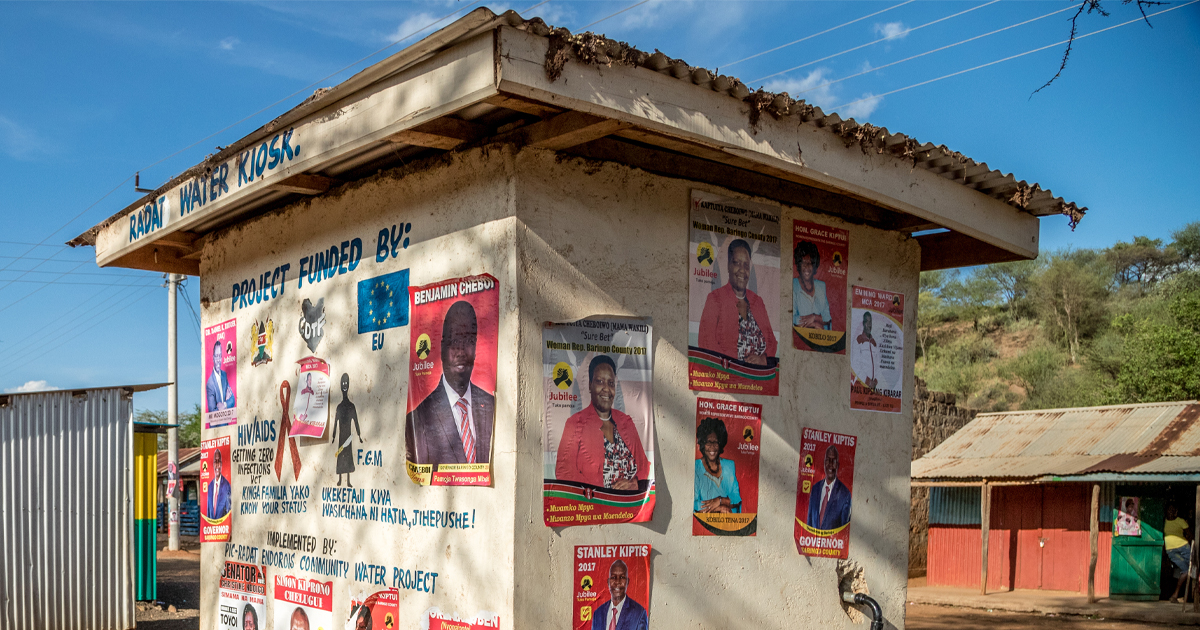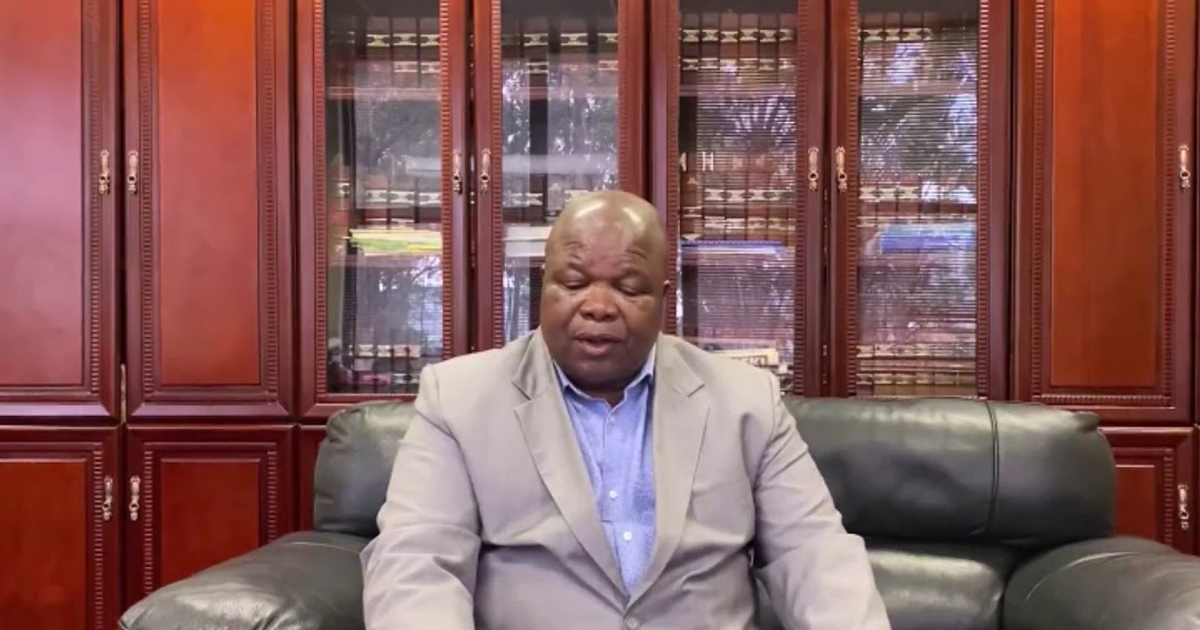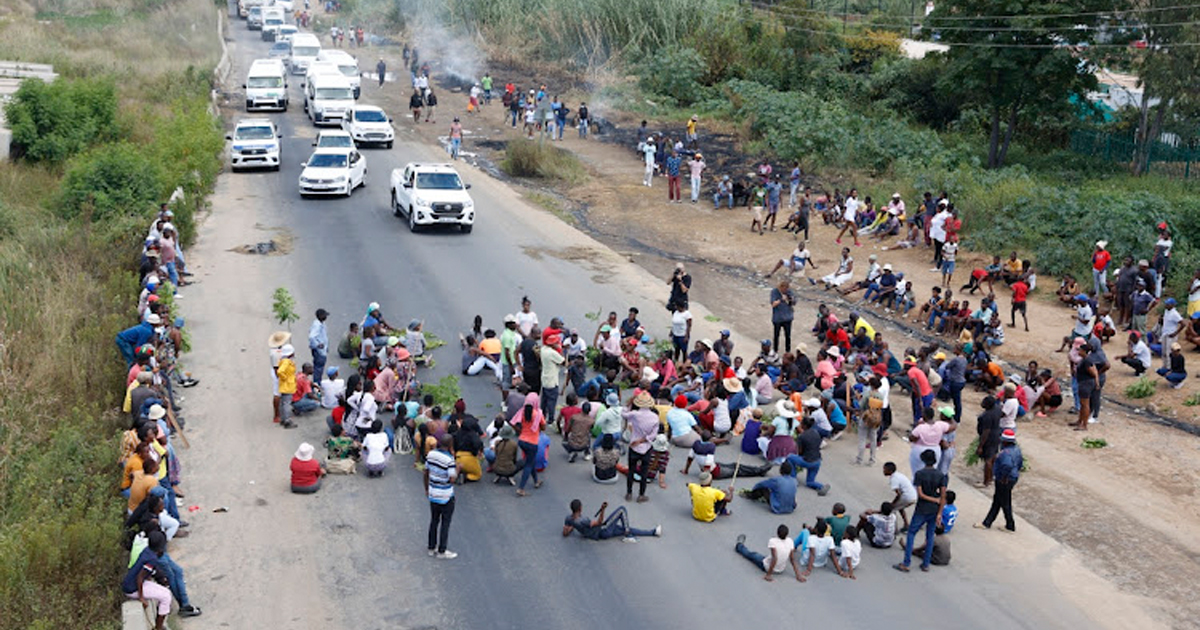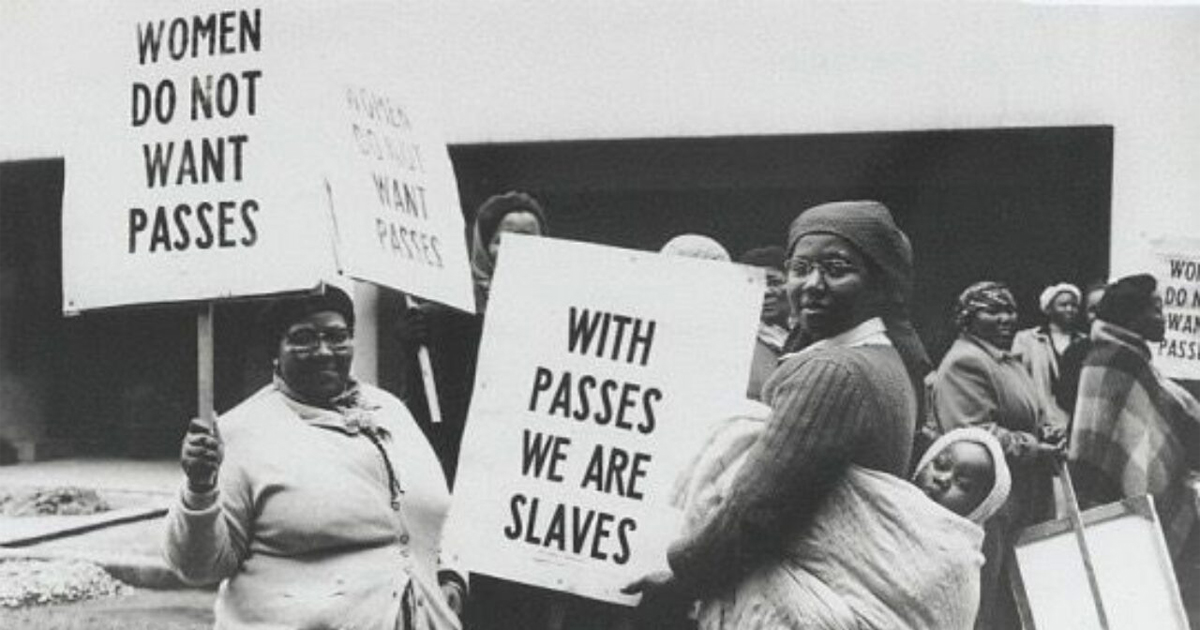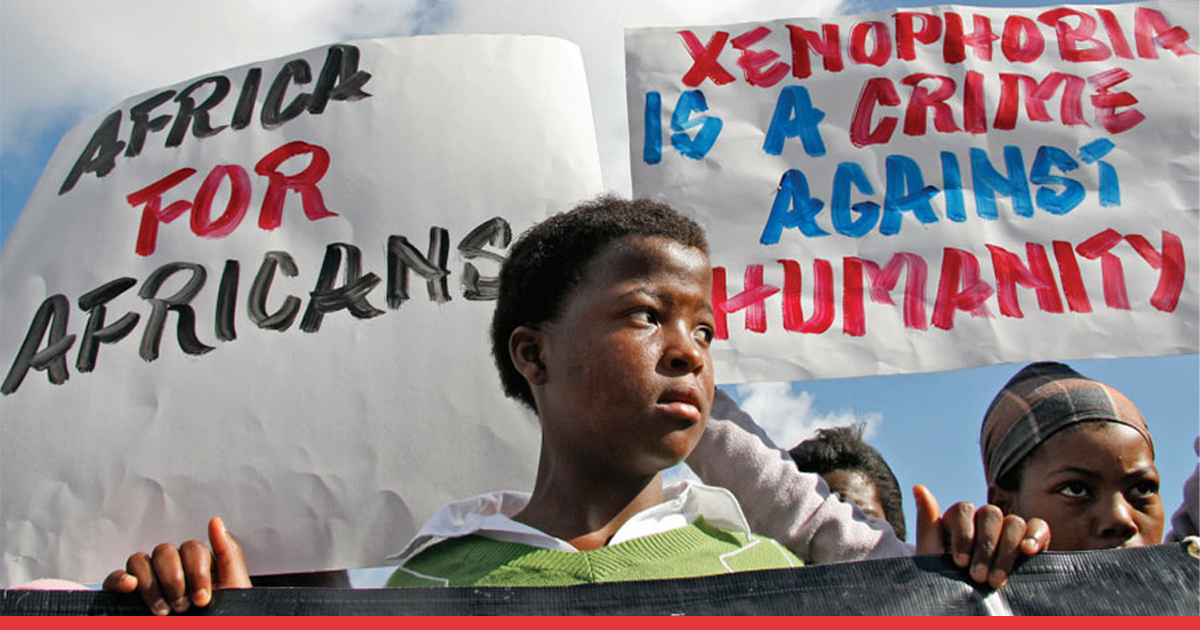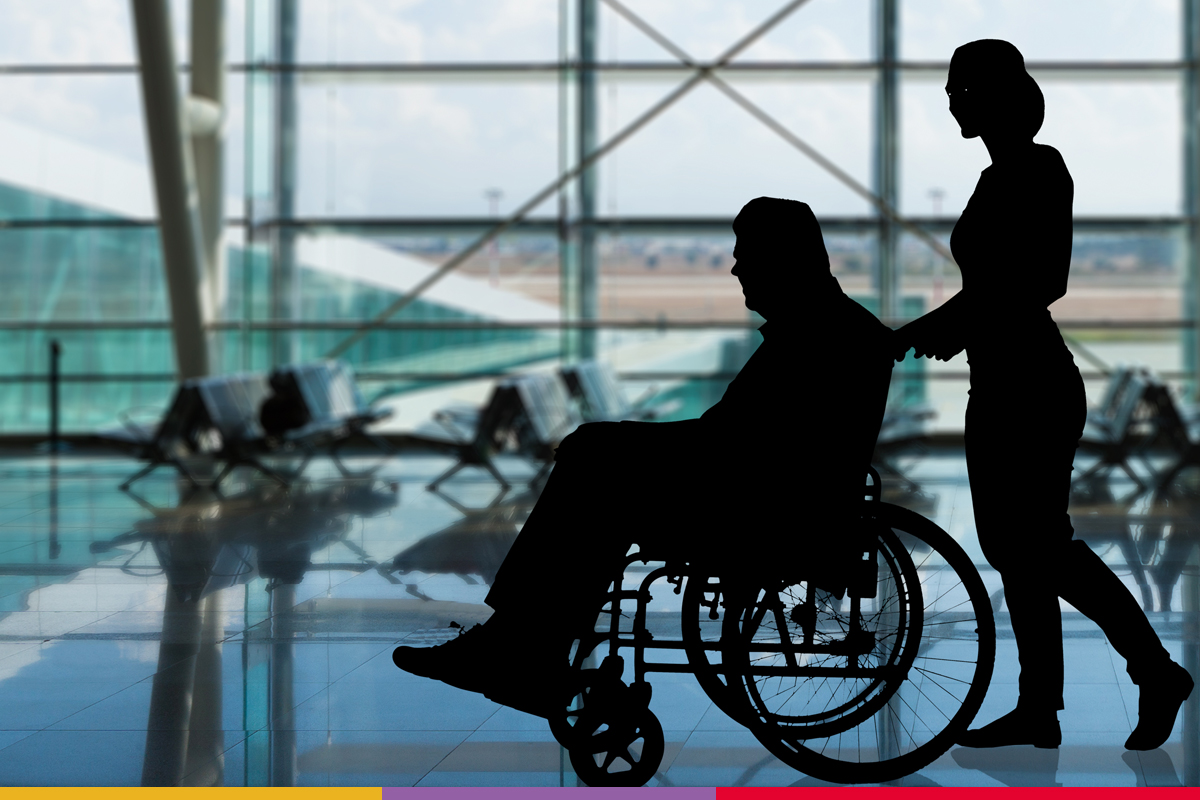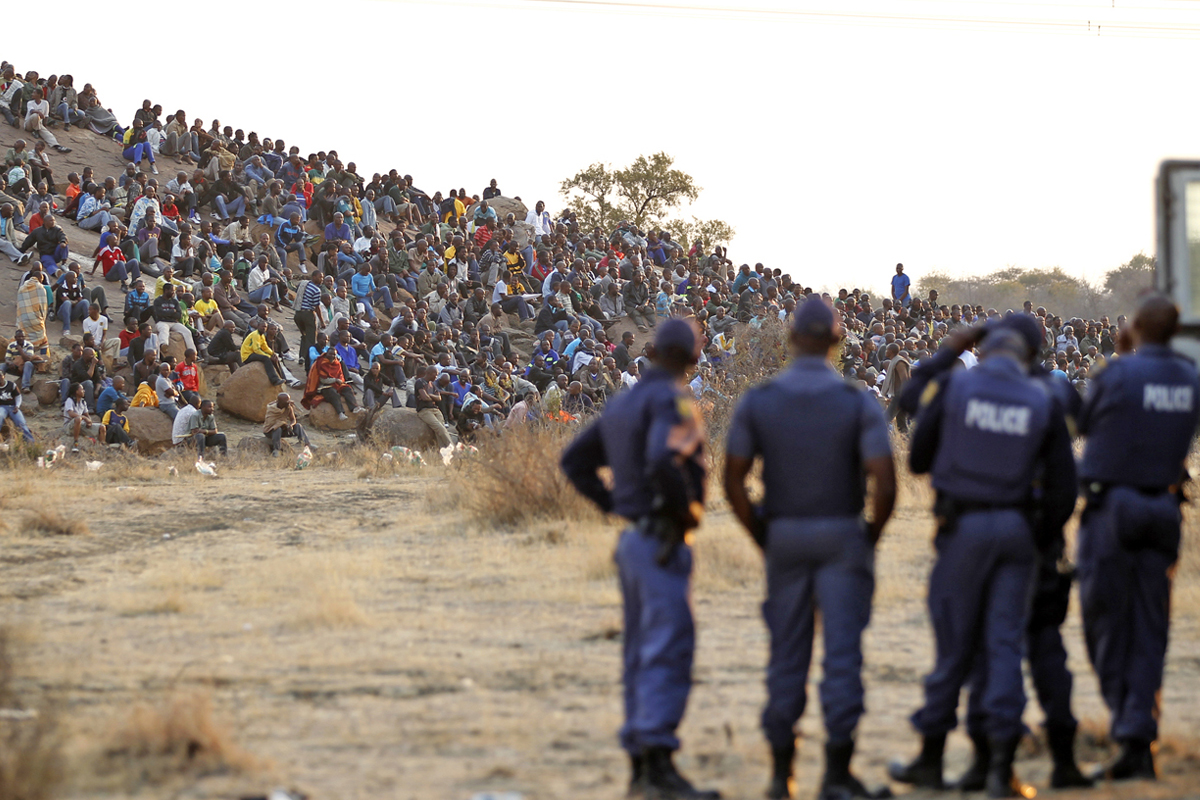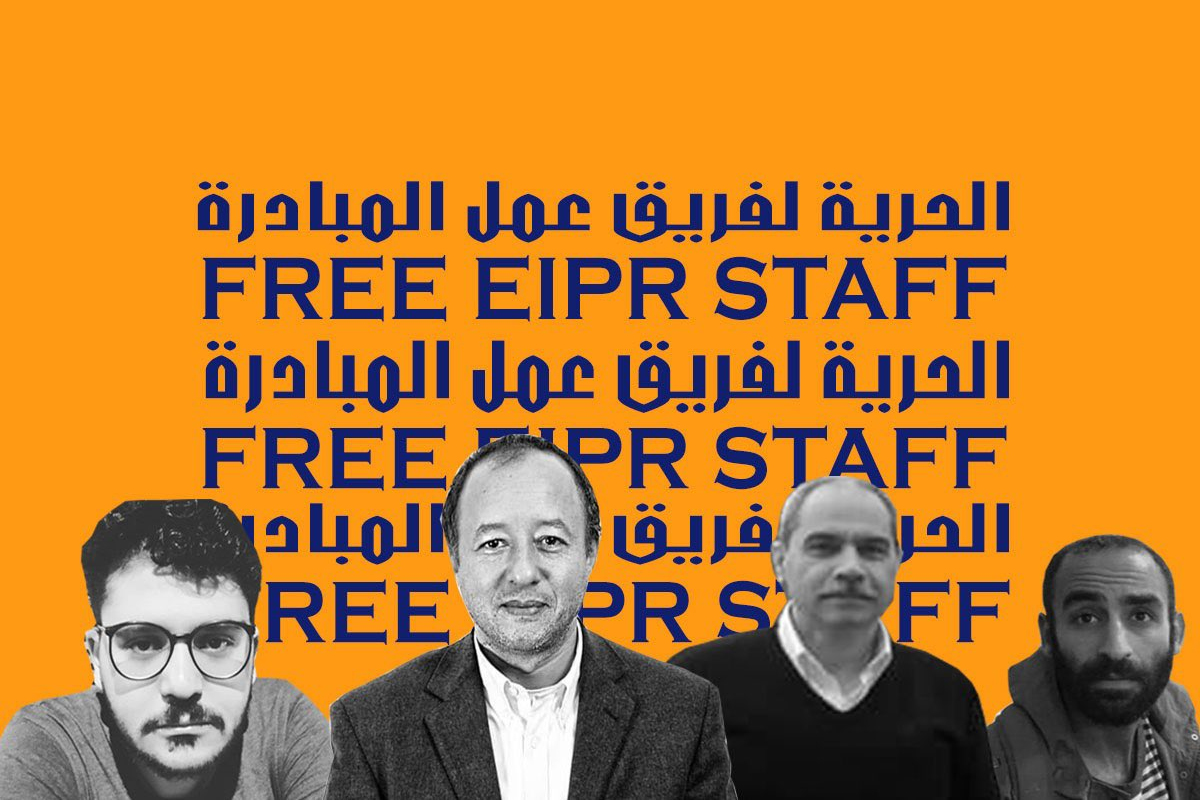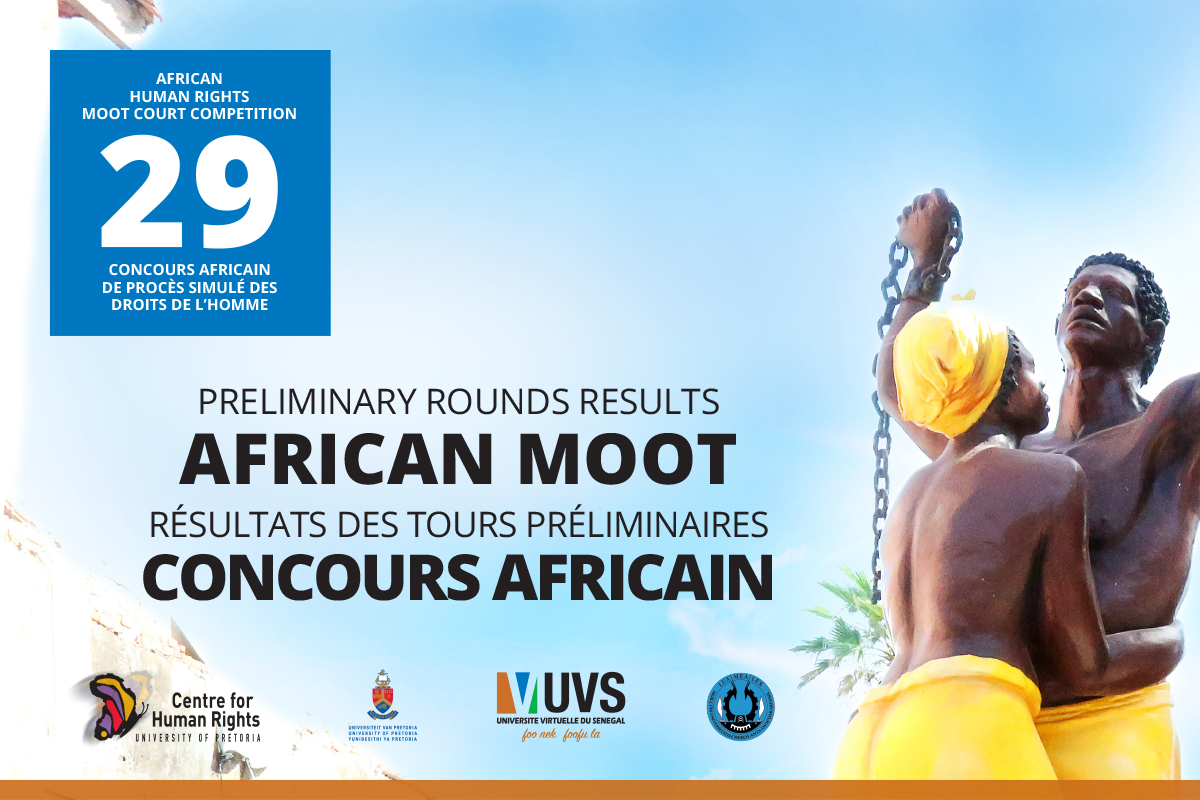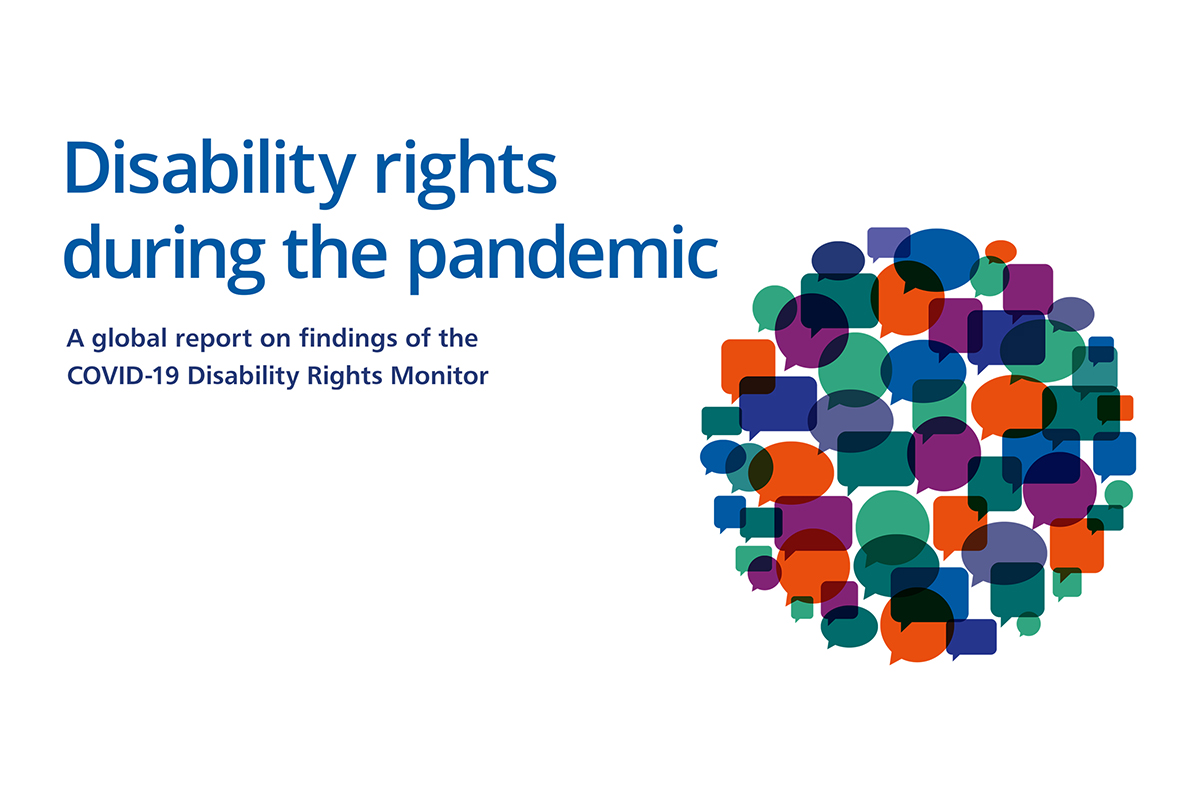- Details
The Centre for Human Rights, Faculty of Law, University of Pretoria (Centre), is proud to commemorate Trans Day of Visibility, which falls every year and is celebrated internationally on 31 March. This day is an opportunity to recognise and celebrate the contributions of trans gender and gender diverse individuals in our society, and to raise awareness of the challenges and discrimination that they face. Trans Day of Visibility Founder Rachel Crandall-Crocker, a Michigan-based and licensed psychotherapist and transgender advocate, chose the month of March to not to ‘step on the toes’ of other Trans Day of Remembrance on 20 November or American Pride Month in June.
- Details
The Centre for Human Rights, Faculty of law, University of Pretoria (CHR) and the Centre for Sexualities, AIDS, and Gender, University of Pretoria (CSA&G) condemn the passing of the Anti-Homosexuality Bill by the Parliament of Uganda on 21 March 2023.
- Details
The Centre for Human Rights, Faculty of Law, University of Pretoria (Centre) condemns the racist remarks made by the President of Tunisia and the arbitrary arrest, detention and forced eviction of African migrants in Tunisia.
- Details
On February 6, 2023, Amhara Association of America (AAA) and Centre for Human Rights, Pretoria University (CHR) submitted a complaint to the African Commission on Human and Peoples’ Rights against the Ethiopian Government. The complaint is made on behalf of ethnic Amhara residents in West Wollega, East Wollega, Horo Guduru Wollega, Qelem Wollega and West Shewa Zones of the Oromia Region who faced mass atrocities at the hand of state and non-state armed forces and militias. The complaint argues that the Ethiopian state bears responsibility for human rights violations committed by its agents, including the Oromia Special Forces (OSF), such as extrajudicial killings, arbitrary arrests, property destruction, communication blackouts, violent dispersal of peaceful protests, and displacement. It is also submitted that the lack of adequate efforts on the part of the state to halt the atrocities and human rights violations committed by the Oromo Liberation Army (OLA) or punish those responsible for violating the obligation of states to ensure the rights and freedoms of all individuals within its jurisdictions is not respected, thereby depriving the Amhara residents of several substantive rights in the African Charter.
- Details
In response to the African Commission’s unfortunate decision to reject observer status applications by three human rights organizations in its final communique of its 73rd ordinary session, the Centre for Human Rights, Faculty of Law, University of Pretoria and its partners - Synergía Initiatives for Human Rights, the Initiative for Strategic Litigation in Africa (ISLA), PanAfrica ILGA, Amnesty International, and Mouvement pour les Libertés Individuelles (MOLI) condemn this decision that threatens the Commission’s ability to promote and protect human rights for all.
- Details
Thulani Rudolf Maseko (1 March 1970 - 21 January 2023)
It is with great shock and profound sadness that we at the Centre for Human Rights, Faculty of Law, University of Pretoria, learnt about the assassination of Thulani Maseko on 21 January 2023. He was shot dead in front of his family in his home south of Mbabane, Eswatini, in what can only be described as a targeted killing.
Our deepest sympathy goes to his wife and family in this difficult and traumatising time.
- Details
6 December 2022
The Centre for Human Rights, University of Pretoria, and the Southern African Nationality Network (SANN) call on African states, including members of the Southern African Development Community (SADC), to endorse the adoption of the Draft Protocol to the African Charter on Human and Peoples’ Rights on the Specific Aspects of the Right to a Nationality and the Eradication of Statelessness in Africa (Draft Protocol) and to subsequently ratify it. We also call on the Government of South Africa to take leadership in urging other SADC members to endorse the adoption of the Draft Protocol and to subsequently ratify it.
- Details
On the occasion of the International Day of the Disappeared, which comes up on 30 August every year, the #ReleaseThem Campaign, The Centre for Human Rights, Faculty of Law, University of Pretoria, Stand Up For Cameroon and other partners organize a series of outreach and advocacy activities aimed at engaging the Cameroonian and international community on the continued need to press for the State of Cameroon to take a lead in ending this practice. Enforced disappearance has become rampant in Cameroon over the past decade, in the aftermath of multiple conflicts pitting the state against non-state fighters across the country.
- Details
The Centre for Human Rights, University of Pretoria is pleased to announce the continued expansion of the project on assessing State compliance with the Guidelines on Access to Information and Elections in Africa (the Guidelines). The Guidelines is a soft law instrument developed by the African Commission on Human and Peoples’ Rights (African Commission) and adopted during its 61st Ordinary Session in November 2017. It derives from article 9 of the African Charter on Human and Peoples' Rights which guarantees the right of access to information. The Guidelines require the Member States of the African Charter to give effect to the right of access to information through legislative and other measures.
- Details
The Centre for Human Rights, Faculty of Law, University of Pretoria, condemns the disbarring of lawyer Muzi Simelane by Eswatini Chief Justice Bheki Maphalala. The Chief Justice disbarred Mr Simelane by way of notice in April 2018 on the basis of alleged contempt. Since he was banned from appearing in any court in Eswatini, Mr Simelane has not practised law for the past four years. The Chief Justice issued the notice from his chambers without any court hearing, application by the Law Society of Swaziland or determination by a tribunal that the lawyer had committed an act of misconduct. Chief Justice Maphalala purported to act in accordance with sections 139(5) and 142 of the Constitution of Eswatini when he issued the notice mero motu. On 10 June 2022, Mr Simelane challenged his disbarment by the Chief Justice in the Supreme Court of Eswatini after several failed attempts to secure judicial redress.
- Details
The Centre for Human Rights, Faculty of Law, University of Pretoria, condemns the xenophobic attacks against non-citizens in South Africa and in particular the brutal murder of Elvis Nyathi, a Zimbabwean national residing in the Johannesburg township of Diepsloot. Elvis’ brutal murder happened after several inflammatory statements targeting non-citizens, by representatives of political parties and vigilante groups. The state cannot allow vigilante groups to take the law into their own hands and in the name of curbing crime, engage in an extra-judicial killing of a person solely based on their nationality. If this behaviour is not curtailed through application of the rule of law and protection of the human rights of all people in South Africa by the government, more people will be killed and more livelihoods and property will be destroyed.
- Details
Two Mondays, 22 years apart
On Monday 21 March 1960, South Africans protesting a race-based and discriminatory pass-law system converged at a police station in Sharpeville. Their peaceful protest was met with state violence, leading to the death of an estimated 69 people. Today, on this Monday 21 March 2022, we mark ‘Human Rights Day’. We think back to those dark days of pervasive human rights violations and denial of basic human dignity. We are reminded that, despite the many causes for being disgruntled, we have come a long way.
- Details
The Centre for Human Rights, Faculty of Law, University of Pretoria, welcomes the recently improved pace of ratification of the 2018 Protocol to the African Charter on Human and Peoples’ Rights on the Rights of Persons with Disabilities in Africa (African Disability Protocol). In the past 12 months, Mali, Kenya and Rwanda have ratified the African Disability Protocol. We applaud these three states for demonstrating commitment and political will to promote and protect the rights of persons with disabilities. However, three ratifications in four years represent a very slow ratification rate. Fifteen ratifications are required for its entry into force. At the current rate of ratification, it would take decades for the Africa Disability Protocol to take effect. An acceleration in ratifications is therefore urgently needed.
- Details
The Centre for Human Rights, Faculty of Law, University of Pretoria, is concerned about the growing anti-immigrant sentiments and attacks fuelled by the recent xenophobic statements of political parties.
- Details
The Centre for Human Rights, Faculty of Law, University of Pretoria, wishes to congratulate its graduate, Justice Miatta Maria Samba, who has just been elected as a Judge of the International Criminal Court (ICC). She will take her seat on the Court early in 2021.
- Details
The Centre for Human Rights, Faculty of Law, University of Pretoria, is concerned about ongoing discrimination on the basis of disability by airline carriers in Nigeria.
- Details
More than 20 civil society organisations fighting for social justice, supported by the Marikana Commission Chairperson Judge Ian Farlam, state that meaningful engagement with the new draft SAPS Bill is being undermined due to the 2018 report of the Panel of Experts on Policing being kept secret
- Details
The Centre for Human Rights, University of Pretoria, is alarmed by the arrest and detention of three human rights defenders by Egyptian authorities last week, marking a troubling escalation in an ongoing campaign of harassment and intimidation that has thus far failed to silence various organisations dedicated to defending fundamental human rights in the country.
- Details
For the first time in its 29-year history, the African Human Rights Moot Court Competition took place virtually as a result of the COVID-19 pandemic, which resulted in the restriction on movements and the various mitigating measures adopted by several countries on the continent. 29 English-speaking and 7 French-speaking teams took part in the online preliminary rounds from 21 September to 21 October 2020. The semi-final rounds take place from 9 to 14 November, and the final round on 28 November. All these rounds are virtual, using the Zoom platform.
- Details
The Centre for Human Rights, University of Pretoria, is part of a coalition of seven global disability rights organisations that have called for urgent action by States and the international community to halt the catastrophic failure to protect the lives, health, and rights of persons with disabilities during the COVID-19 pandemic.

